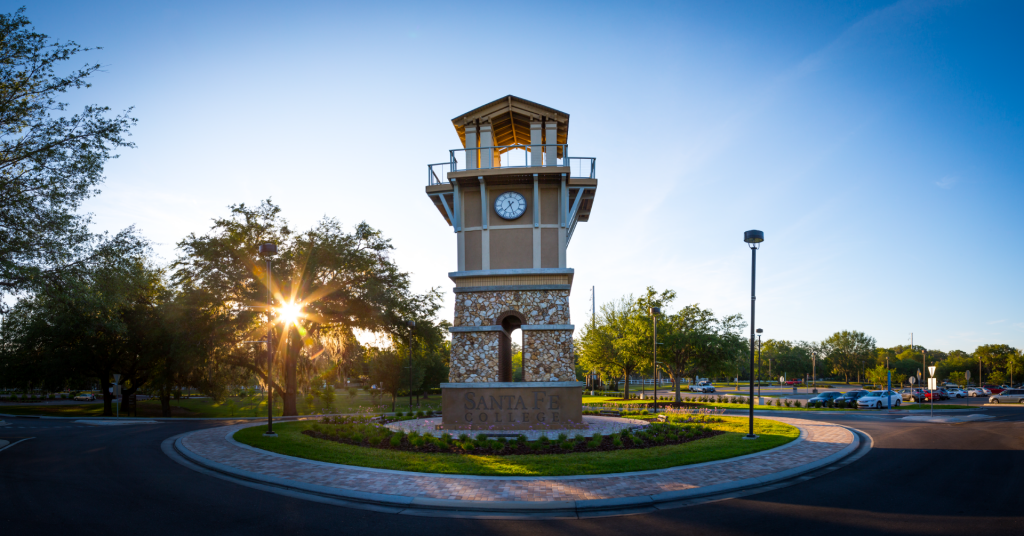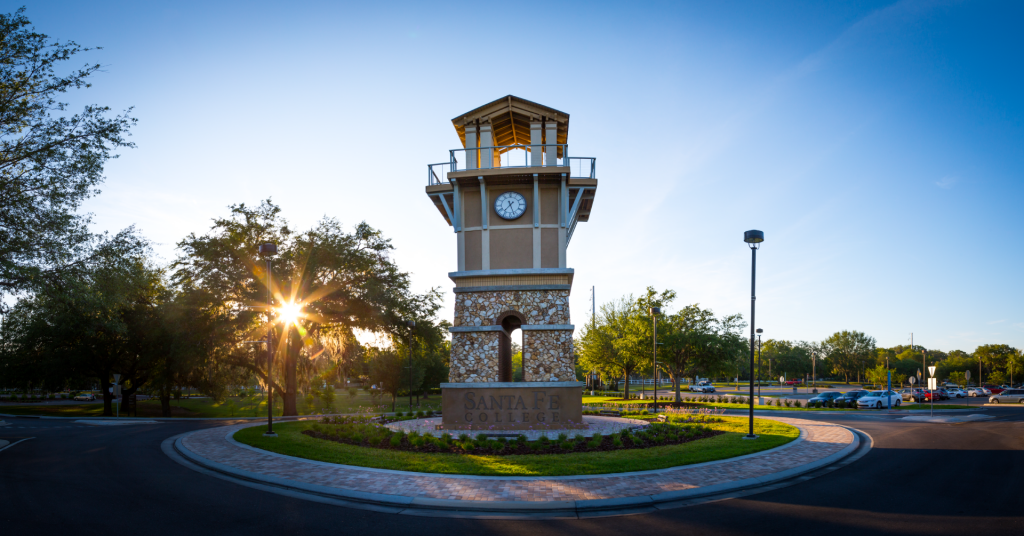Janet Foster on the Origin of Memorial Day
May 27, 2010
Contrary to modern celebratory rituals such as shopping, beach-going, BBQs, and family get togethers, Memorial Day rose from the ashes of the American Civil War.
Several sources claim the truth about when and where the first Memorial Day was observed. There's the story about Henry Welles, a druggist from Waterloo, N.Y., who coordinated a gathering of townsfolk on May 5, 1866, to decorate the graves of Union soldiers with wreathes, crosses, and bouquets. Read more
Another source is Professor David Blight of Yale University's History Deptartment, who tells about a group of emancipated slaves in Charleston, S.C., that gathered at the site of a former temporary Confederate Prison where a large number of Union soldiers were buried in a mass grave. According to Blight, the former slaves met at the site not long after the war ended to exhume the bodies and rebury them in individual graves. They built a fence around the gravesite with an entry arch. On May 1, 1865, a Charleston newspaper reported that a crowd of thousands of emancipated slaves gathered at the new cemetery in honor of the Union soldiers and to decorate the graves. Read more
Credit for instituting the national holiday we now call Memorial Day, however, has been given to Union general and politician John Logan. Logan, a founder and three-time president of the Grand Army of the Republic, just three years after Lee surrendered to Grant at Appomattox, sought to set aside an official national day to remember the Union war dead. On May 5, 1868, from his headquarters at the Grand Army of the Republic in Washington, D.C., Logan issued General Order #10 to set aside May 30, 1868, for the purpose of “decorating the graves of comrades who died in defense of their country during the late rebellion.” Read more
As might have been expected at that time in history, most of the Southern states did not at first commemorate the “Yankee” Decoration Day due to lingering resentments, which were likely aggravated by the negative effects of Reconstruction. There is evidence of groups of Southern women decorating the graves of fallen Confederate soldiers even while the Civil War was still being fought. According to this Memorial Day website, “a hymn published in 1867, ‘Kneel Where Our Loves are Sleeping,' by Nella L. Sweet carried the dedication: ‘To the Ladies of the South who are Decorating the Graves of the Confederate Dead.' (Source: Duke University's Historic American Sheet Music, 1850-1920). To this very day, some Southern states (including Florida) have set aside a day (usually in April) to separately honor the Confederate soldiers who died for their cause.
Eventually, with the passage of time, all U.S. states came to recognize and participate in Decoration Day, which evolved into Memorial Day. Around the time of World War II, Memorial Day became more than just a day to remember the Union dead from the Civil War. It became a day to remember all those who have died in all U.S. wars and conflicts. In 1967, federal law declared the official name to be Memorial Day, and in 1971, a law went into effect that deemed Memorial Day would be celebrated on the last Monday of May.
It is my humble opinion that when and where the first remembrance took place and who started the ball rolling is not the important thing. The important thing is that the terrible division our country experienced during the Civil War and Reconstruction — a division that caused the deaths of over 600,000 Americans — was eventually healed.
Memorial Day is not a day to dwell on the division from where the day has its roots. To me, it is a day where a modern, civilized, populace stands together to remember and honor all Americans who have given the ultimate sacrifice — their lives.
So, while you are shopping, eating, relaxing, or traveling, please won't you join me in remembering the war dead and being thankful for their sacrifices? Freedom is — and never was — free.
~ submitted by Janet Foster, Administrative Assistant by Day, Microsoft Instructor by Night, and Leave-Me-Alone on the Weekends


